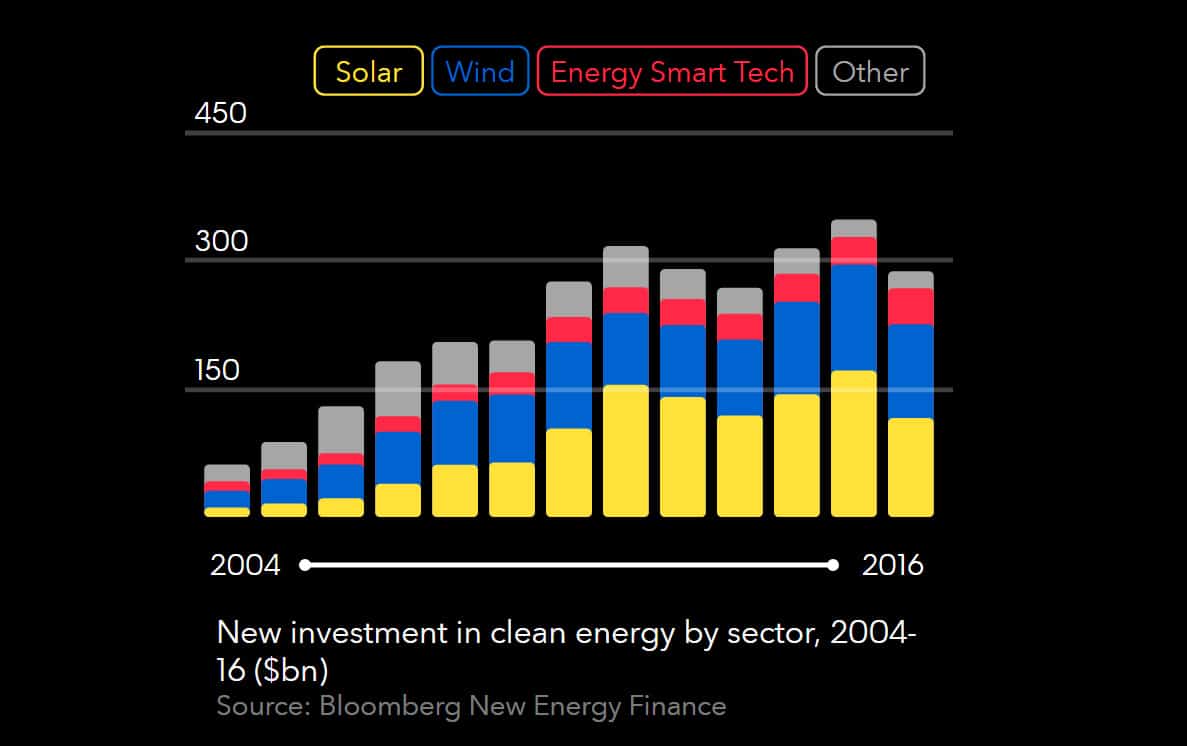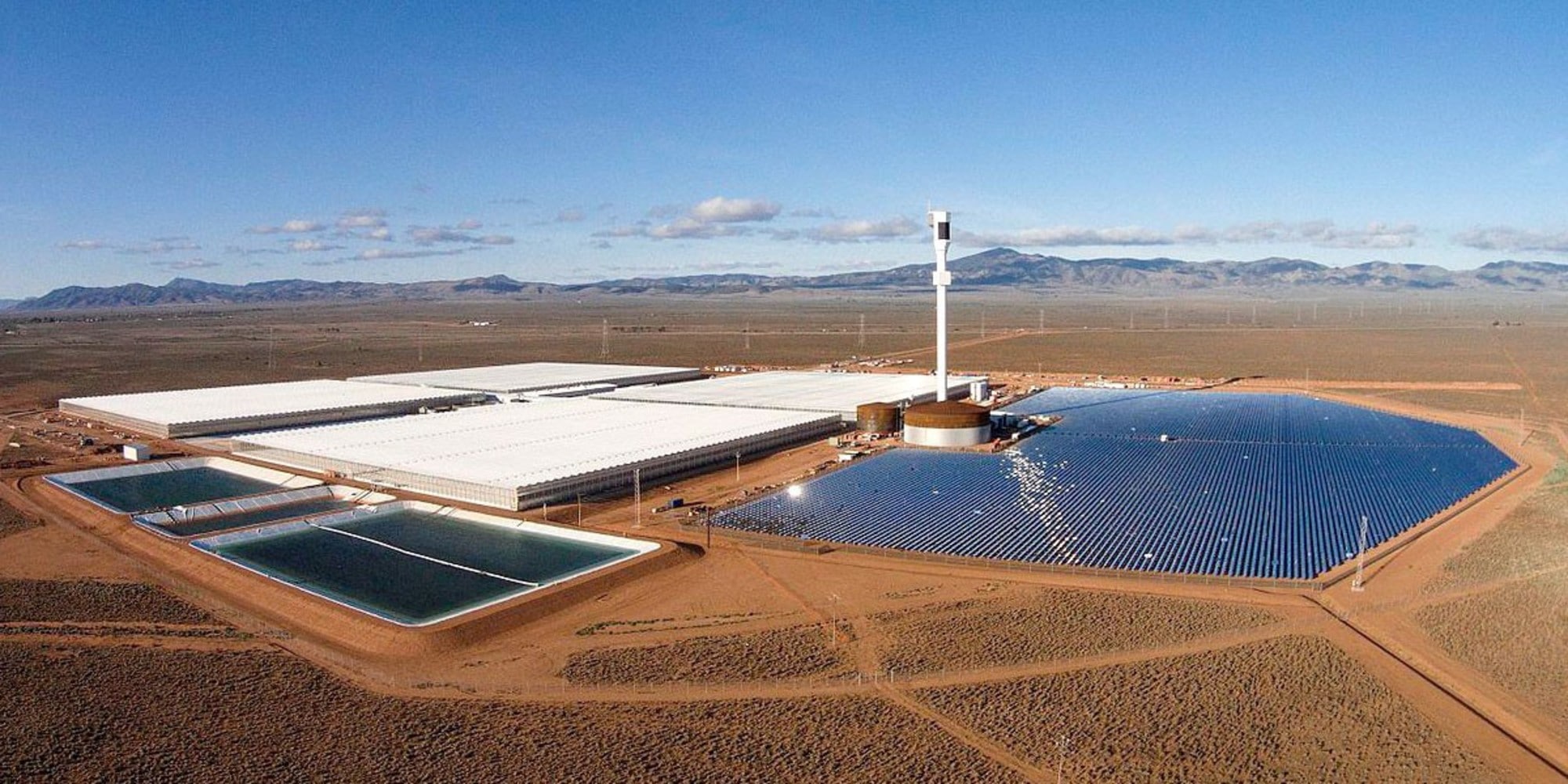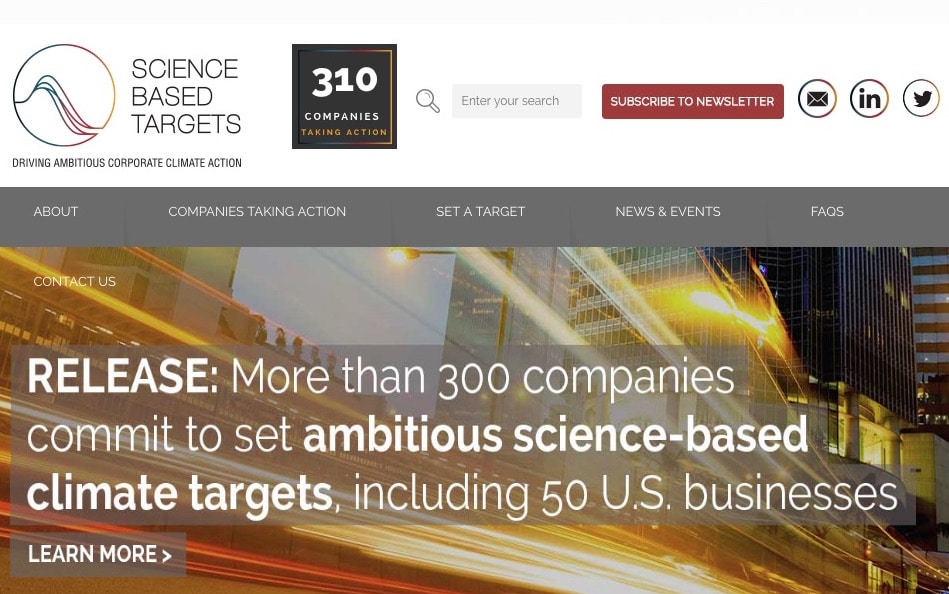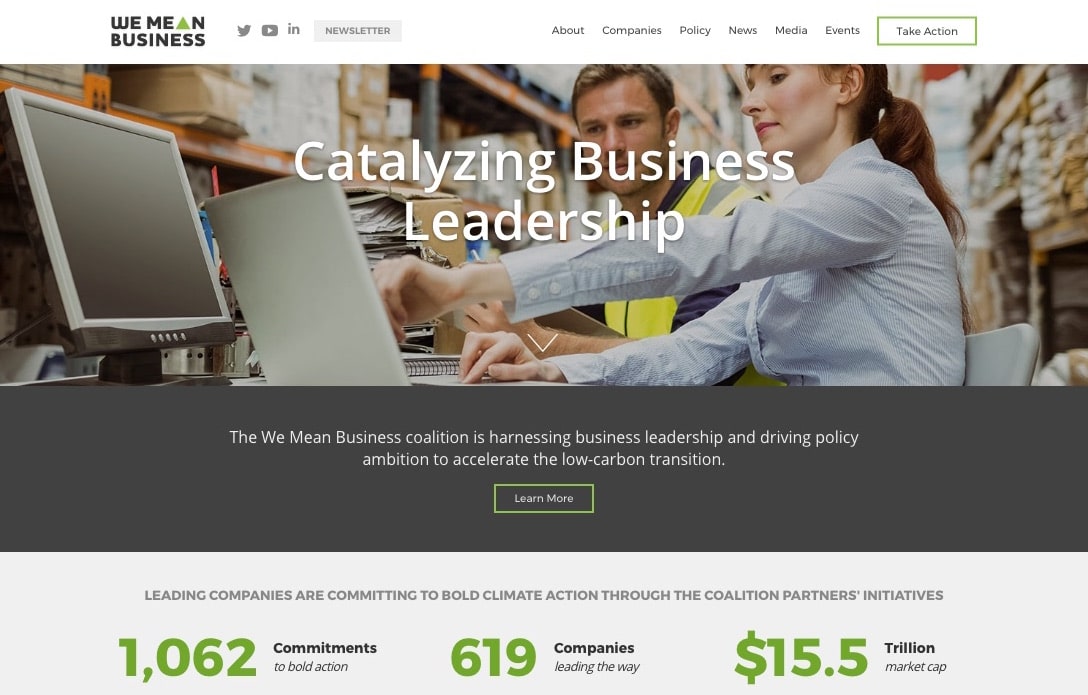Impact Procurement Is Taking Root Globally
Our Mission is to accelerate the shift to a regenerative global economy through Impact Procurement which benefits:
- Anchor Customers who actualize the transformation of their supply chain to resilient, high quality, known price, regenerative sourcing in accord with the 17 Global Goals and their ESG commitments.
- Regenerative Suppliers who reduce their market risk making it easier to obtain financing.
- Impact Investors and Bankers who can quantify the revenue and credit quality for underwriting financing.
Impact Procurement is already occurring in a large variety of supply chain contexts globally. These range from Power Purchase Agreements between electric utilities and solar / wind farm developers to hospitals and universities making advance commitments to purchase goods and services from local, sustainable, worker-owned co-ops.
There is a pattern to these agreements: An Anchor Customer commits in the present to re-direct its future sourcing to specific regenerative suppliers. This allows the suppliers to raise the financing to align their practices with the Global Goals. We name this pattern – Impact Procurement.
Our mission is to accelerate this practice by raising awareness of its power and ease, and in collaboration with progressive companies, to develop standard Impact Procurement Agreements by sector.
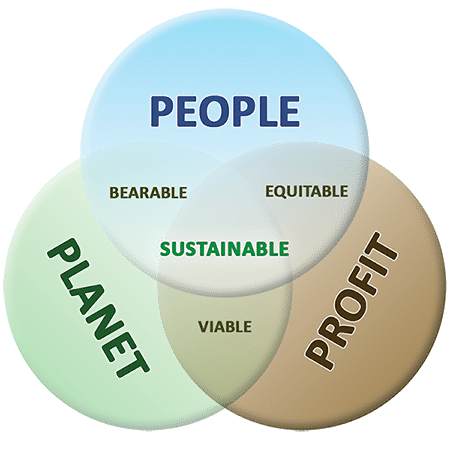
There are thousands of examples of Impact Procurement happening throughout the world. The Power Purchase Agreements “PPAs”, pioneered for solar energy by Jigar Shah, that have unlocked USD 16 Billion in new investment in clean energy between 2004-2016 are an example of Impact Procurement.
The PPA defines all of the commercial terms for the sale of electricity between the two parties, including when the project will begin commercial operation, schedule for delivery of electricity, penalties for under delivery, payment terms, and termination. A PPA is the principal agreement that defines the revenue and credit quality of a generating project and is thus a key instrument of project finance
The Democracy Collaborative, in what has come to be known as the Cleveland Model, is stimulating community wealth creation in inner cities by demonstrating that “anchor institutions” such as universities and hospital can redirect their purchasing of goods and services to provide a baseline stream of income to new businesses, in this case worker-owned cooperatives operating with sustainability as a core value.
In the San Francisco Bay Area, an extensive assessment by a partnership that is called Anchors for Resilient Communities (ARC) and is being co-coordinated by Health Care Without Harm and the Emerald Cities Collaborative, a national non-profit with a focus on creating sustainable, just and inclusive, local economies has “quantified the collective procurement spending of anchor institutions in the East Bay Corridor at $6.8 billion dollars per year”. See this inspiring and fact filled September 2016 article in Medium.
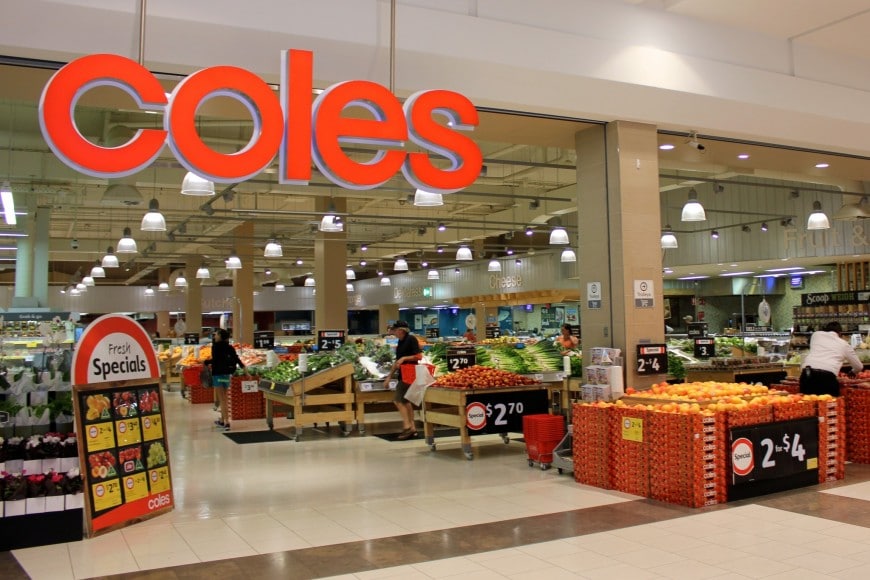
In Australia, leading supermarket chain Coles, with over 100,000 employees and 80% market share, entered into a 10 year tomato purchase agreement to be resiliently and sustainably supplied high quality greenhouse grown, truss tomatoes at a known price.
Using desalinated ocean water and sunlight in a high tech hydroponic greenhouse system, Sundrop Farms is able to produce 15 million kilograms (33 million pounds) of tomatoes a year from the Australian desert. This “Impact Procurement Agreement” from an anchor grocery retailer was key in unlocking financing for the $205 million regenerative project.
At the other end of the spectrum, Community Supported Agriculture (CSA) is also evocative of Impact Procurement. It differs in that CSA asks for money upfront, whereas Impact Procurements asks only for a commitment up front, with the re-directing of supply chain expenditures at the future time when the supplier has developed capacity and is delivering goods or services.. From the website of Puget Sound Fresh, now Tilth Alliance:
“Community Supported Agriculture programs (CSAs) provide a unique relationship between you and a farmer in which the farm benefits directly from your financial support by offering “shares” of a seasonal harvest, while you reap the rewards of helping small farm stay viable and enjoy good food, grown with care.
How it works: Typically you pay the farmer a membership or subscription fee up front, and recieve a box of freshly picked produce and other farm products each week throughout the growing season (usually June through October), but many farms offer longer CSA seasons. Typically, farm shares contain a variety of vegetables, herbs, and fruits, though some include other products such as eggs and flowers or focus on meat.”
Creating Regenerative Supply Through New Business Formation
New businesses typically bring proven transformative innovations in products and services or in processes and social equity to customers more rapidly than existing companies. Impact Procurement greatly benefits both customers and suppliers. It adds resilient and sustainable suppliers to customer supply chains while ameliorating the market risk for those new businesses that obtain purchase commitments from Anchor Impact Customers.

If you believe that our entire modern economy and way of life has, by now, shown itself to be on a trajectory toward systemic degradation, and therefore in need of wholesale redirection before it’s too late, this is where you belong.
If you are committed to your own growth in consciousness and believe business can become a force for good, and is a necessary ingredient in the transformation of our modern world, then we invite you to dig in with your full attention and rigorously review our call to action for becoming one of the Champions of the Regenerative Economy. If you find resonance with our synthesis and purpose, please consider joining us, so together we will realize our dreams.
From the World Business Academy, the inspiring 7 minute video below is a call to join us in creating the New Face of Business. “Business is ultimately the discipline of service. The service we have to perform at this time on the planet is to create the world we want our our children and grand children to grow up in. Business is the unique discipline that makes it possible to ground ideas and make them real.”
Anchor Impact Customers™
The Impact Procurement Network™, www.ipn17.com, pronounced “IPN Seventeen”, is in service to the UN 17 Global Goals. IPN17 is envisioned to become the knowledge network serving progressive global retailers, brands, and distributors - such as the ones already actively engaged in climate action, making aggressive commitments and sharing their knowledge - companies with large supply chains who are passionate leaders setting the stage to redirect their business as usual supply chain sourcing to regenerative suppliers. We call these companies Anchor Impact Customers and their people leading supply chain transformations Champions of the Regenerative Economy.
The Science Based Targets initiative is a partnership between NGOs including CDP, World Resources Institute (WRI), WWF and the United Nations Global Compact. Companies who decide to align with this program have two years to develop a science-based emissions reduction plan, which in turn are evaluated by the team of experts who work with this initiative. The initiative only approves such plans that meet strict criteria, which to date include 71 various targets. Furthermore, companies who decided to set these science-based targets must have a plan that not only reduces emissions within their own operations, but also across their entire value chains. The initiative is one of several programs that is affiliated with the international We Mean Business coalition.
According to the WRI, the companies that have so far aligned themselves with the Science Based Targets initiative comprise an estimated $6.5 trillion in market value – an amount roughly equal to the NASDAQ stock exchange or the combined GDPs of Germany and the United Kingdom.
We Mean Business is a global nonprofit coalition working with the world’s most influential businesses to take action on climate change – businesses representing $15.5 Trillion in market cap. Together we catalyze business leadership to drive policy ambition and accelerate the transition to a low-carbon economy. Our mission is to ensure that the world economy is on track to avoid dangerous climate change by 2020 while delivering sustainable growth and prosperity for all. The coalition brings together seven international nonprofit organizations:

